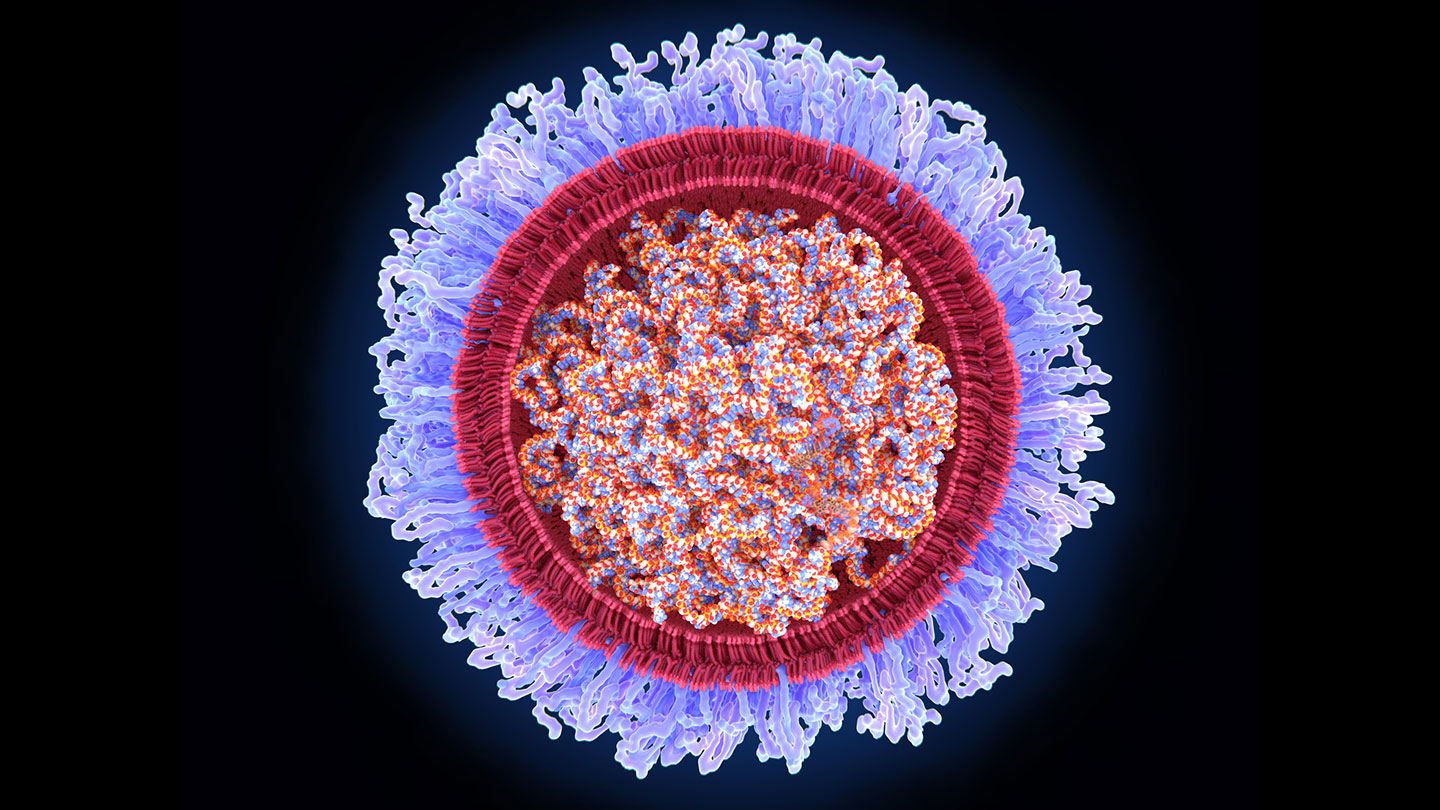Two scientists who laid the groundwork for what would become among the most influential vaccines of all time have been awarded the 2023 Nobel Prize in medicine or physiology.
“Everybody has experienced the COVID-19 pandemic that affects our life, economy and public health. It was a traumatic event,” said Qiang Pan-Hammarström, a member of the Nobel Assembly at the Karolinska Institute in Stockholm, which awards the medicine or physiology prize. Her remarks came on October 2 after a news briefing to announce the winners. “You probably don’t need to emphasize more that the basic discovery made by the laureates has made a huge impact on our society.”
As of September 2023, more than 13.5 billion COVID-19 vaccine doses — including mRNA vaccines as well as other kinds of shots — had been administered since they first became available in December 2020, according to the World Health Organization. In the year after their introduction, the shots are estimated to have saved nearly 20 million lives globally. In the United States, where mRNA COVID-19 shots made by Moderna and Pfizer/BioNTech accounted for the vast majority of vaccinations, the vaccines are estimated to have prevented 1.1 million additional deaths and 10.3 million hospitalizations.
RNA is DNA’s lesser-known chemical cousin. Cells make RNA copies of genetic instructions contained in DNA. Some of those RNA copies, known as messenger RNA, or mRNA, are used to build proteins. Messenger RNA “literally tells your cells what proteins to make,” says Kizzmekia Corbett-Helaire, a viral immunologist at the Harvard T. H. Chan School of Public Health in Boston. Proteins do much of the important work that keeps cells, and the organisms they’re a part of, alive and well.
2023-10-02 08:29:40
Post from www.sciencenews.org
